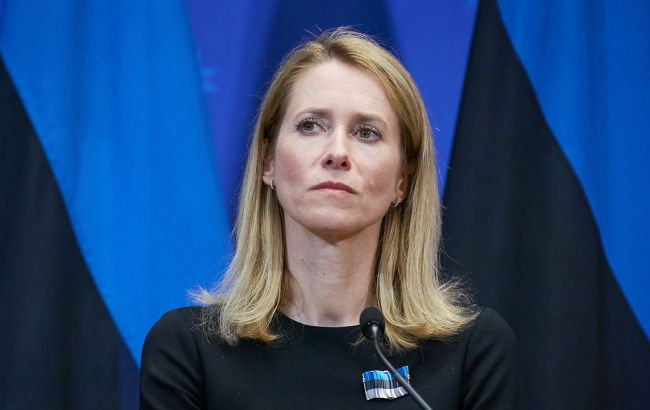EU prepares new strike on Russia's shadow fleet - Bloomberg
 EU High Representative Kaja Kallas (photo: flickr.com)
EU High Representative Kaja Kallas (photo: flickr.com)
The European Union is considering new restrictive measures against those who support the operation of Russia's so-called shadow fleet of tankers. The aim is to limit further Moscow's revenues used to finance its war against Ukraine, Bloomberg reports.
EU foreign ministers, who gathered in Brussels on Thursday, plan to increase pressure on the countries that register these vessels (flag states) and to discuss new monitoring mechanisms.
According to sources familiar with the plans, the new measures may become part of the EU's milestone 20th sanctions package.
Combating sanctions evasion
EU High Representative Kaja Kallas emphasized the importance of this issue before the meeting.
Kallas said they would discuss "what more can we do with the shadow fleet, because it really affects Russia's revenues to finance this war."
According to a document reviewed by Bloomberg, member states are proposing different approaches. Poland supports new rules and greater coordination, including on the complex question of whether authorities should have the power to board such vessels. Warsaw also proposes holding port and coastal states accountable.
Meanwhile, Denmark has proposed creating a "more effective" blocklist of the shadow fleet that would be updated automatically rather than waiting for each new sanctions package to be approved.
The EU notes that diplomatic efforts with countries that fly their flags on Russian tankers have already been "largely successful," prompting many of them to deregister their vessels.
Russia's shadow fleet
Russia continues to expand its shadow fleet used to export energy resources in circumvention of sanctions. According to estimates, it already includes one in every six tankers worldwide (about 17% of the global market). These are mostly decommissioned vessels that have exceeded their service life and operate under the flags of neutral countries.
However, the threat is not limited to environmental risks or illegal oil sales. These tankers have also become tools of hybrid warfare, used by the Kremlin as platforms for attacks and espionage in European waters.

